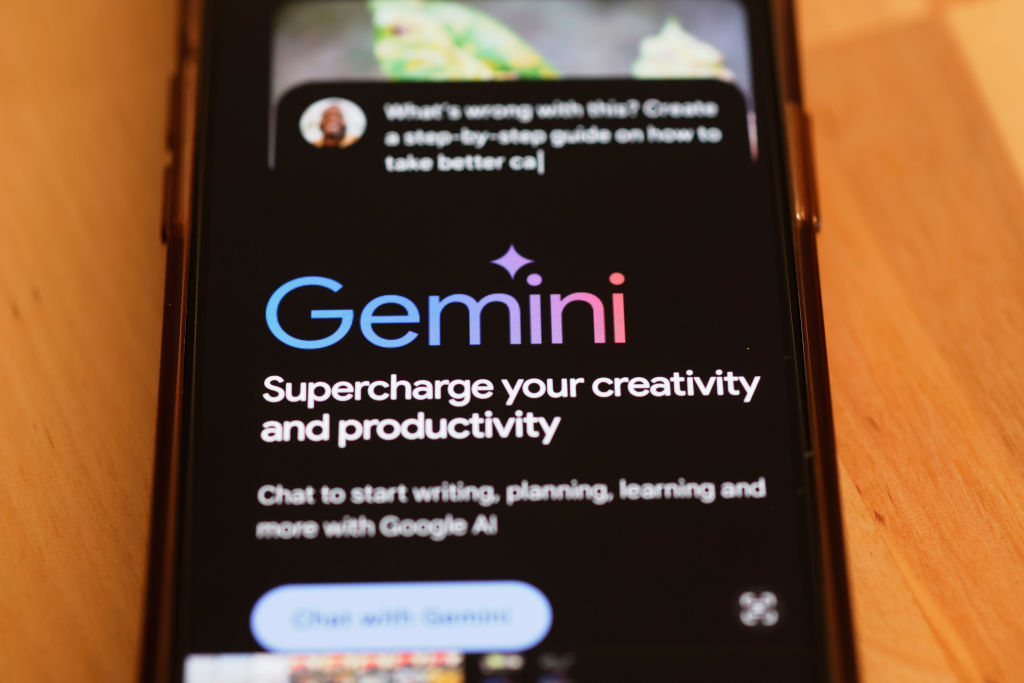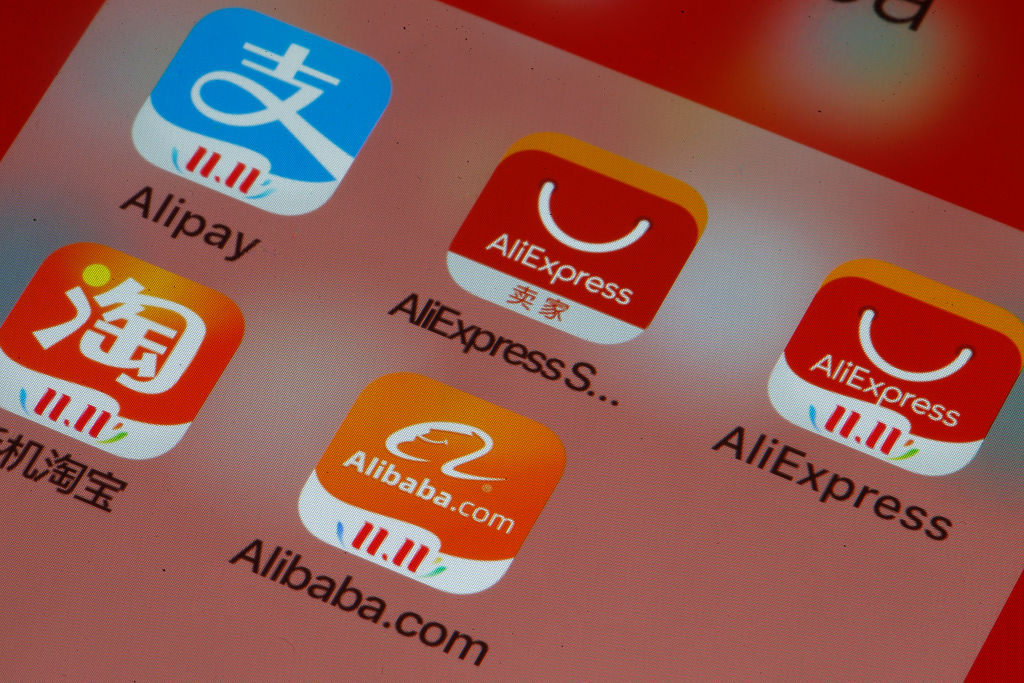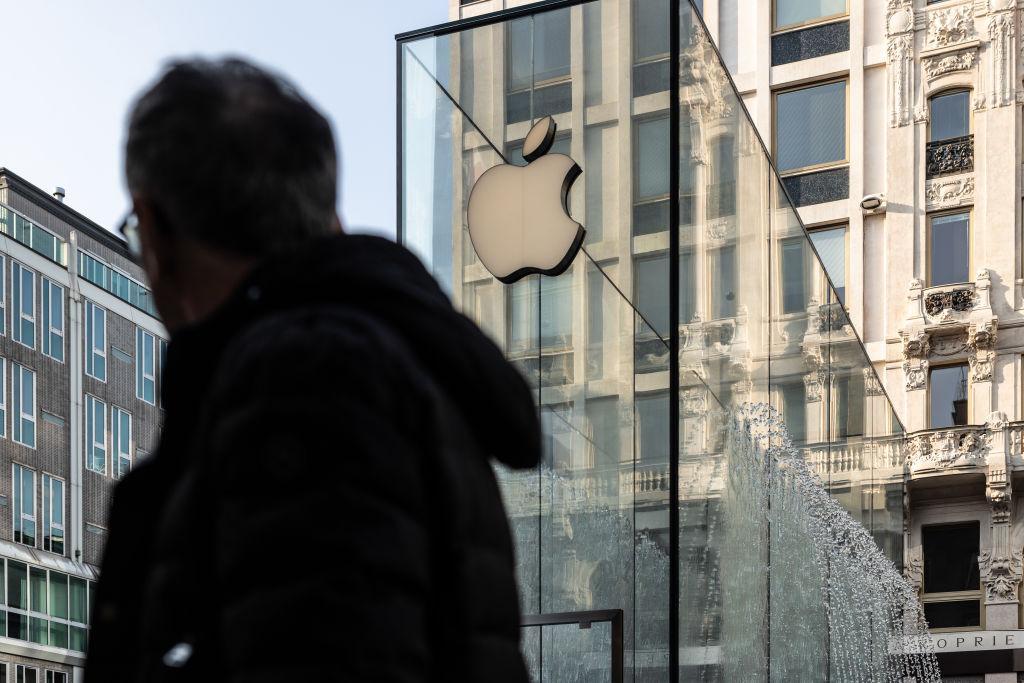Japan and the European Union have agreed a new deal aimed at boosting both countries’ technology sectors amid growing hostilities between China and the West.
Seemingly aimed at reducing both Japan and Europe’s reliance on Chinese exports, the agreement has been derided by media commentators operated by the Communist country’s Government.
According to a press release published by the European Commission, the deal will focus on the development of “advanced materials” used in the tech sector, such as those used to create semiconductors and batteries.
“These materials are critical for our transition to a ‘green’ future and, by joining forces, we can get there faster,” said innovation Commissioner Iliana Ivanova.
Hiroki Matsuo, Japan’s Vice-Minister for Science, Technology and Innovation Policy, described the deal as coming at a time of “historic transformation” in terms of global relations.
“We hope that this dialogue will further broaden the discussion on ways to develop and share basic principles, values and effective practices,” he said.
Brussels is investigating China-based platform AliExpress over allegations it broke a number of rules under the European Union’s Digital Services Act. https://t.co/Ic13wSWFV8
— Brussels Signal (@brusselssignal) March 14, 2024
According to a preliminary analysis published by Nikkei Asia, this agreement between the EU and Japan represents the latest attempts by both countries to de-risk from China.
Amid its aims for a green transition away from fossil fuels, Europe in particular has become increasingly reliant on Chinese rare-earth material exports for its tech sector.
Beijing has already started weaponising such reliance, last year restricting the export of two of these essential materials, gallium and germanium.
#ChinaDailyCartoon Wrong way #EU #Japan pic.twitter.com/vSUcqo2H5k
— China Daily (@ChinaDaily) April 2, 2024
Both Japan and Europe now aim to accelerate the development of battery technology that is not reliant on raw-material exports from China, alongside advanced nanoparticle materials that can increase the efficiency of solar panels and portable electronic devices.
Such schemes have provoked the ire of China’s state-controlled media, with the government-owned and operated China Daily publishing a satirical cartoon describing the deal as the “wrong way” forward.
German Chancellor Olaf Scholz called on Sunday for the European Union to complete its creation of a banking and capital markets union, so the bloc can compete with the U.S. and China for new technologies. https://t.co/xRcthCckfU
— Brussels Signal (@brusselssignal) January 29, 2024





